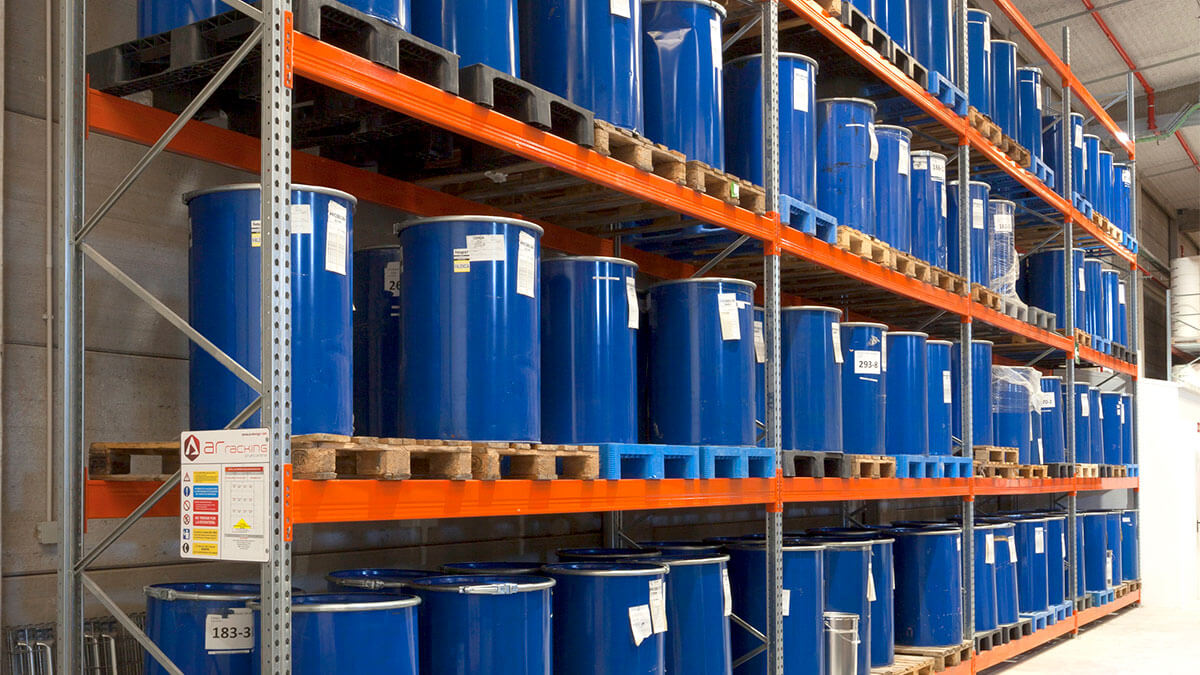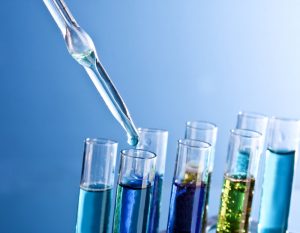
Life, as we know it, is a complex interplay of various chemical elements. These elements, in their various combinations, give rise to the myriad forms of life that we see around us. Among these, seven chemicals stand out for their pivotal role in the sustenance and propagation of life. This article delves into these seven chemicals of life, exploring their roles, interactions, and significance in the grand scheme of life.
- Oxygen (O)
Oxygen is the most abundant element in the human body, accounting for about 65% of a person's mass. It plays a crucial role in cellular respiration, a process that provides energy for all biological functions. Oxygen is also a key component of water (H2O), which is indispensable for life.
- Carbon (C)
Carbon is the backbone of all organic molecules, including carbohydrates, lipids, proteins, and nucleic acids. Its unique ability to form long chains and rings allows for the complexity and diversity of life.
- Hydrogen (H)
Hydrogen, the lightest and most abundant element in the universe, is a key player in life's chemistry. It forms part of water and most organic molecules. Hydrogen bonds contribute to the structure of proteins and DNA, and play a vital role in energy transfer.
- Nitrogen (N)
Nitrogen is a fundamental component of amino acids, the building blocks of proteins. It is also present in nucleic acids, which carry genetic information. Nitrogen fixation, a process carried out by certain bacteria, is essential for life as it makes atmospheric nitrogen available to plants.
- Calcium (Ca)
Calcium is the most abundant mineral in the human body. It is vital for bone and teeth formation, blood clotting, muscle contraction, and nerve impulse transmission. Calcium also plays a role in enzyme function and cell signaling.
- Phosphorus (P)
Phosphorus is a key component of nucleic acids and ATP (adenosine triphosphate), the main energy carrier in cells. It is also found in phospholipids, which form cell membranes.
- Potassium (K)
Potassium is essential for nerve function, muscle contraction, and maintaining fluid and electrolyte balance. It also plays a role in heart function and protein synthesis.
Conclusion
The seven chemicals of life - oxygen, carbon, hydrogen, nitrogen, calcium, phosphorus, and potassium - are the building blocks of life. Their intricate interactions and transformations underpin the complexity and diversity of life on Earth.


